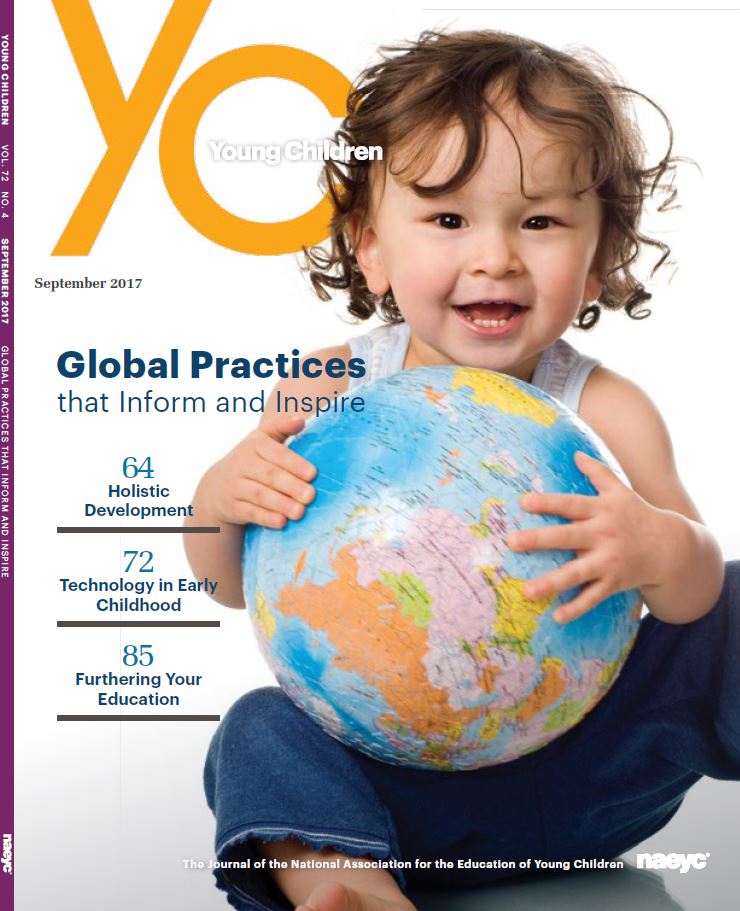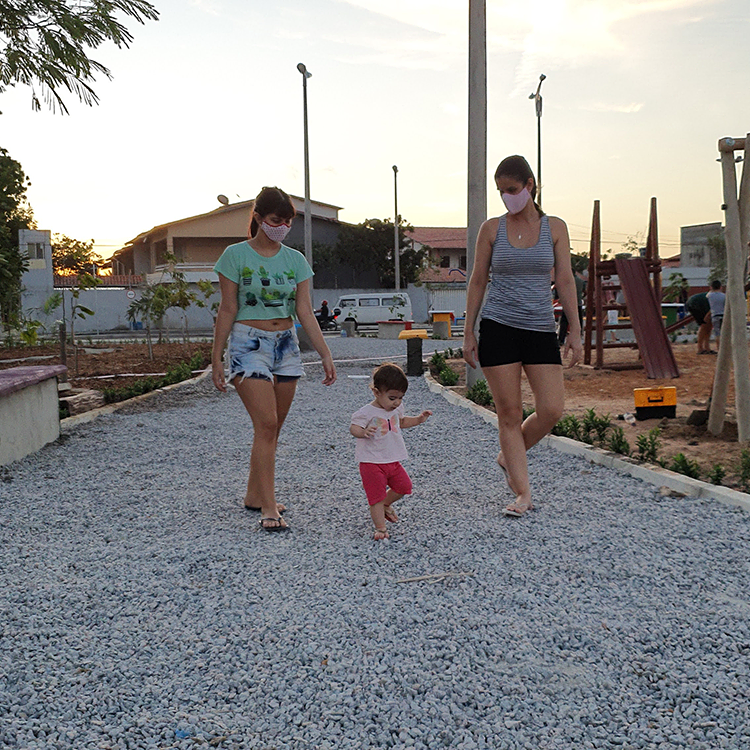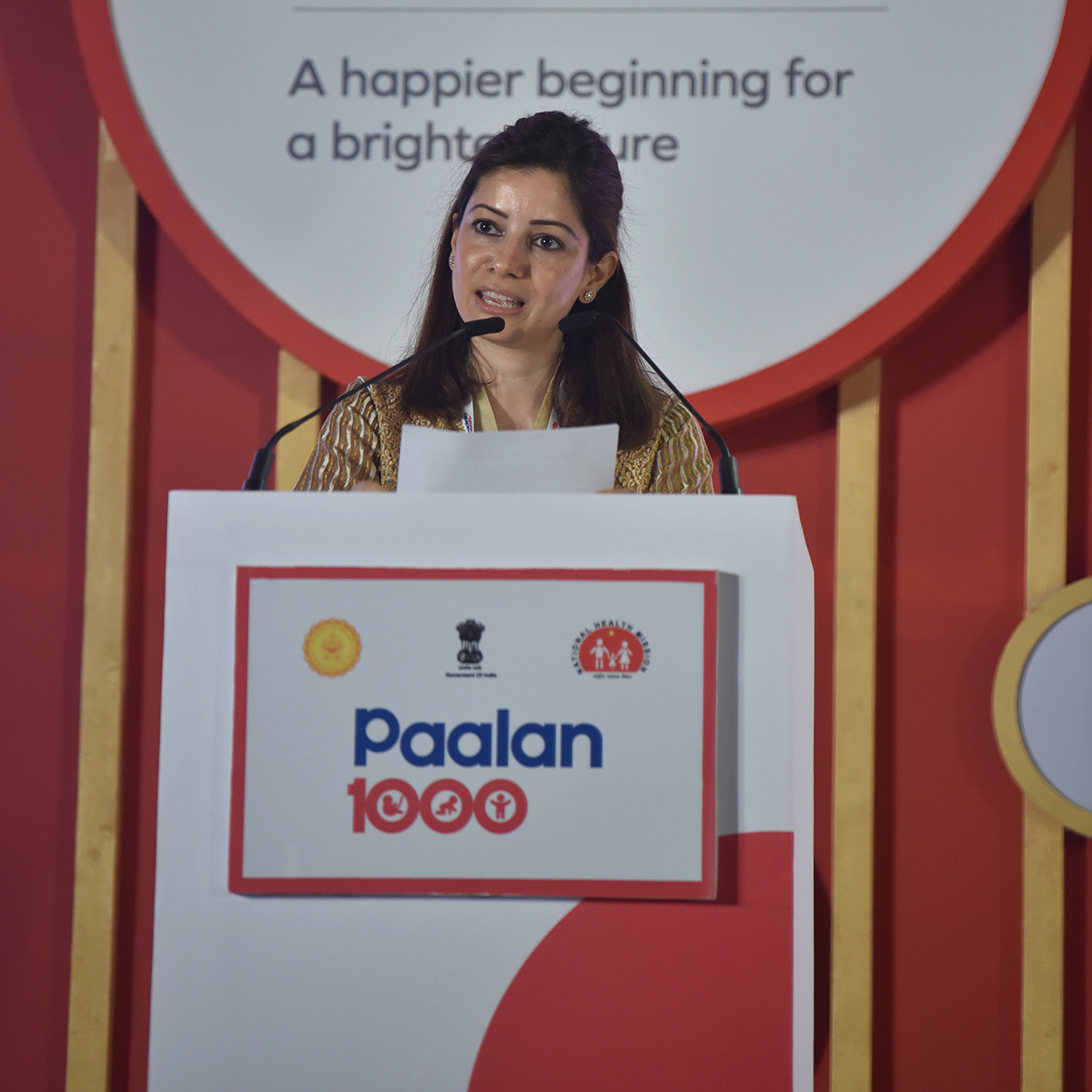For this Global Practices issue of Young Children, we asked Joan Lombardi, an international expert on child development and social policy, to provide us with some insights based on her experiences.
Global Team: What do we know about the state of early childhood around the world?
Joan: Early childhood has certainly become a global issue. All around the world more and more people understand that the early years matter to long-term health, education, and behavior. We are seeing mounting evidence from all corners of the world, increasing networks and innovations, and more efforts to scale programs from parent supports to preschool.
Yet we still have such a long way to go. As The Lancet reported in 2017, some 43 percent of young children under age 5 in low- and middle-income countries are at risk for not reaching their developmental potential (Daelmans et al. 2017). And an even greater number of children are at risk when we include those growing up exposed to violence at home, in their communities, and in their countries. Poverty and lack of quality supports remain serious issues that threaten the well-being of young children. Services remain scattered, quality stretched, and access to basic supports—from clean water to health care, from economic development to child care—continues to challenge families. Young refugee children and families, forced from their homes and facing stress and disruption, continue to lack sufficient support.
Global Team: Are you seeing early childhood workforce issues around the world, and if so, how do you think they may impact child development?
Joan: The most important people in the lives of children are their parents and other caregivers. This is true wherever children are growing up. To thrive, children need warm and responsive caregivers at home and in early childhood programs. The working conditions of early childhood teachers remain a serious concern around the world. Salaries remain low, preparation is too often inadequate, and supervision and supports are minimal.
If we are going to deliver on the promise of quality programs for young children and families, more and more attention must be paid to developing an enabling environment that supports parents as well as those who work with young children and families every day. One way for people to better understand these issues globally is by following the Early Childhood Workforce Initiative, which was established to track competencies and standards, training and professional development, monitoring and mentoring, and recognition of the profession in countries around the world.
Global Team: How can parents, teachers, and leaders in the United States support early childhood development in low- and middleincome countries?
Joan: Despite abundant evidence that investing in children and families is directly related to the economic development of a country, policies are not keeping up with the research. This is true in the United States and around the world.
Given increasing global connections, we all need to focus attention locally and globally on children. This means standing up for the rights of children to live in a peaceful world, a safe world, and in an environment that is healthy rather than life threatening. It means following the policies that might affect young children and families wherever they may live, including standing up for increasing US investments in the health and education of children here and around the world. It also means supporting families who may be displaced by war or poverty, volunteering with civic organizations dedicated to supporting children and families in the local community or around the world, and investing time and resources in supporting the most vulnerable children.
As teachers and parents, we must continue to model our values. We must teach children to celebrate diversity, to value the person next door, and to be interested in and respectful of other cultures. For future generations to care about the world around them, it has to start in our classrooms and in our families. It really all begins with how we treat one another.
Editor’s Note: This interview originally appeared in the Global Practices issue of NAEYC’s Young Children (September 2017). Download the full publication here.
About the authors:
Joan Lombardi, PhD, is a longstanding advocate for young children and families in the United States and around the world. She served as the first deputy assistant secretary for Early Childhood Development in the US Department of Health and Human Services (2009–2011) and now serves as a senior advisor to a number of foundations on both domestic and global early childhood issues.
Stephanie Olmore is senior director of NAEYC’s Global Engagement Department. She spearheads global efforts, working with international governments, top-level delegations, and large-scale systems to create guidelines for enhancing early learning and to support early childhood professionals worldwide.
Jerilyn Gamble is the NAEYC global engagement coordinator; she manages communications and provides outreach to global partners.
“Young Children is NAEYC’s peer-reviewed journal. To learn more about NAEYC, please visit our website: www.NAEYC.org.”




